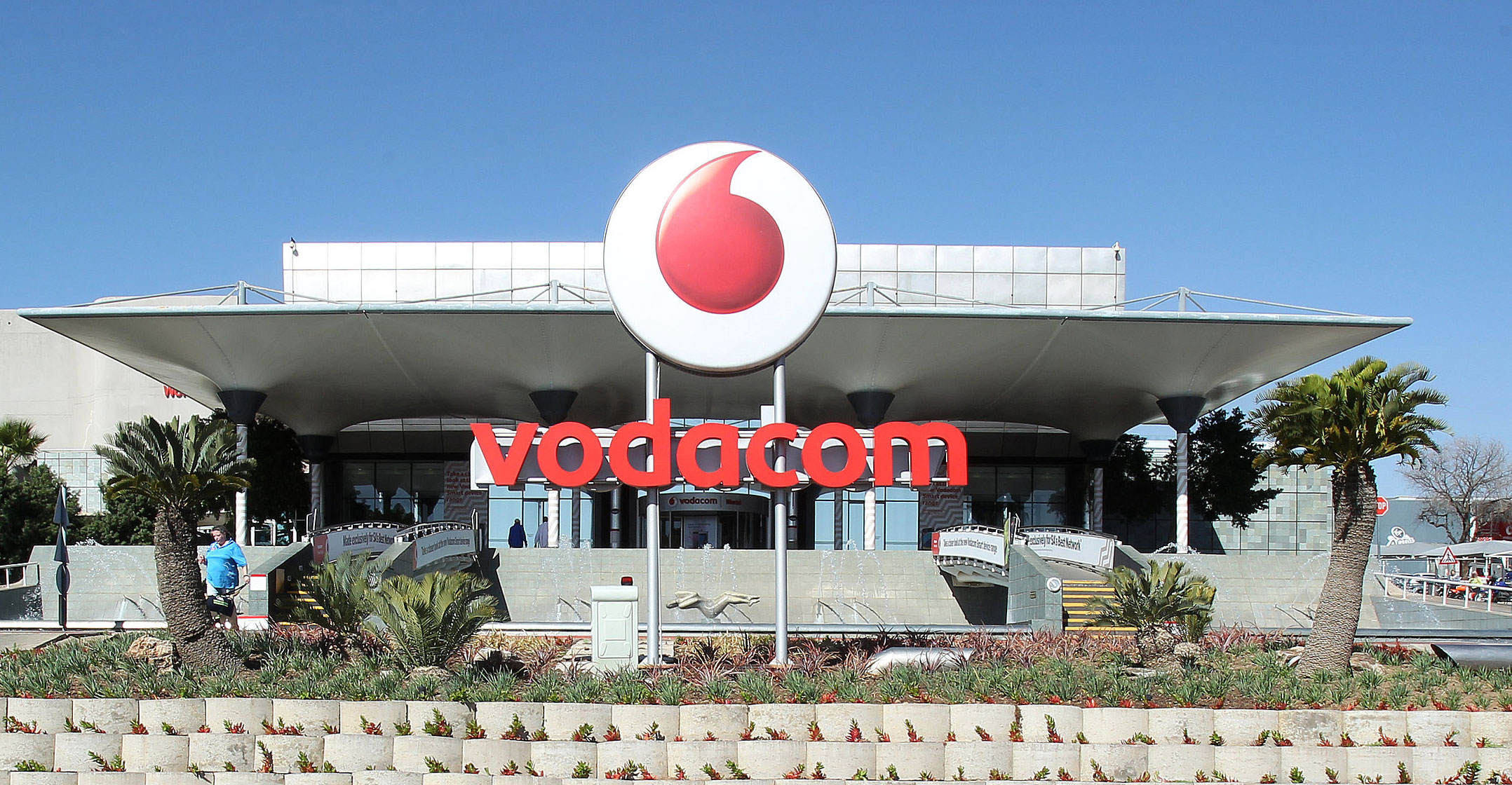 The ham-fisted way in which Vodacom implemented communications regulator Icasa’s data regulations damaged the operator’s reputation and drove consumers to threatening to quit the network.
The ham-fisted way in which Vodacom implemented communications regulator Icasa’s data regulations damaged the operator’s reputation and drove consumers to threatening to quit the network.
This is according to new research by BrandsEye, which analysed conversations on social media pertaining specifically to the new regulations. Its 2019 South African Telecommunications Sentiment Index found that consumers were the most negative about Vodacom’s approach to the Icasa rules.
Brandseye retrieved 538 740 posts related to South Africa’s four major telecommunications providers — Vodacom, MTN, Cell C and Telkom – between 1 December 2018 and 28 February 2019. Its data sources included Twitter, Facebook and Instagram as well as “multiple other online sources”.
“Vodacom faced consumer ire over data rollover and transfer charges,” BrandsEye said on Monday. “Consumers accused Vodacom of finding loopholes to avoid complying with the spirit of the new regulations. This prompted many to consider changing providers.”
In contrast, consumers generally voiced appreciation for Telkom’s implementation of the regulations after the network offered both services free of charge and was the first network to implement them, BrandsEye said.
The operators had until 28 February to comply with the data rules. Vodacom introduced complex rules for consumers and said it would charge users to roll over data beyond their expiry date. Though Icasa didn’t stipulate that the rollover should be free, many consumers took its consumer protection regulations to mean just that.
Vodacom later backed down over plans to charge customers for data rollover after a public outcry. In a statement at the time, the operator said it would no longer charge for this. Instead, though, it hiked fees on some of its plans on 1 April. It also retained fees for transferring data to other users on its network, though waived this if the amount was less than 50MB.
‘Negative sentiment’
Under the Icasa rules, South African operators, including Vodacom, are required to offer data rollover and data transfers. Consumers must also explicitly opt in to out-of-bundle data, a measure meant to protect them from high tariffs and bill shock.
BrandsEye’s new research shows that the way Vodacom implemented the new rules did not go down well. It also shows that consumers are generally unhappy with their mobile provider, no matter which one it is, with customer service being a major problem for the sector.
“An estimated 120 000 online consumers expressed negative sentiment towards their provider,” the company said. “About 10% of these consumers expressed an intent to cancel with them. More than a third of consumers looking to cancel blamed customer service. While Telkom saw the highest proportion of customers discussing cancellation, it was also the preferred alternative for those looking to switch providers, largely due to its affordable data offerings.”
 Across the sector, customer service made up 47.2% of complaints. These were largely about turnaround time, accounting for 36.9% of complaints. More than 44% of complaints on social media went unanswered by providers. Of those that were answered, 61% concluded with the consumer being unhappy.
Across the sector, customer service made up 47.2% of complaints. These were largely about turnaround time, accounting for 36.9% of complaints. More than 44% of complaints on social media went unanswered by providers. Of those that were answered, 61% concluded with the consumer being unhappy.
“The findings paint a grim picture of a sector that, amid pressure for cheaper data, is already desperate to identify areas of differentiation and new revenue streams,” said BrandsEye South Africa CEO Nic Ray.
Ray said, however, that operators than can deliver on the “basics” can differentiate themselves and reduce churn through improved customer experience. “When looking to acquire new customers, Telkom has shown that the packaging and pricing of data products is the most important factor driving consumer choice right now.”
Other key findings of the research report include:
- Industry-wide net sentiment towards the four major telecoms providers was a negative 45.3%. Vodacom was the most negatively discussed provider, with a net sentiment of -53.5%. Cell C’s net sentiment was the most positive at -36.9%.
- Customer service requires urgent industry-wide attention. Across the sector, poor service was the chief contributor to negative conversation, comprising 47.2% of complaints. Complaints were largely about turnaround time, which accounted for 36.9% of all negative conversation. In turn, connectivity issues were the number one culprit behind turnaround complaints.
- Data conversation was the chief contributor to positive sentiment, accounting for 23.4% of all positive conversation. Eight percent of this conversation related favourably to affordability.
- Some 44.4% of complaints on social media went unanswered by providers. Consumers were 19.1% less likely to receive a reply on Facebook than on Twitter. Cell C had the best response rate on Twitter, having replied to 69.3% of all consumer complaints. It was also the quickest to reply, taking, on average, two hours to respond to consumers.
- Customer churn is a major factor affecting the industry. More than a third of consumers looking to cancel blamed poor customer service. — © 2019 NewsCentral Media

